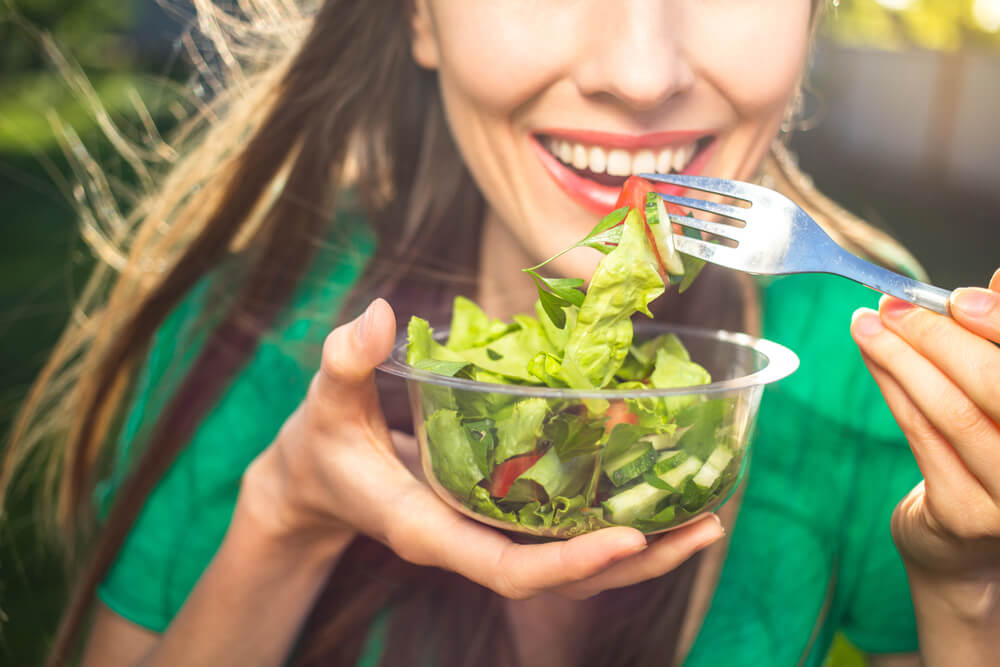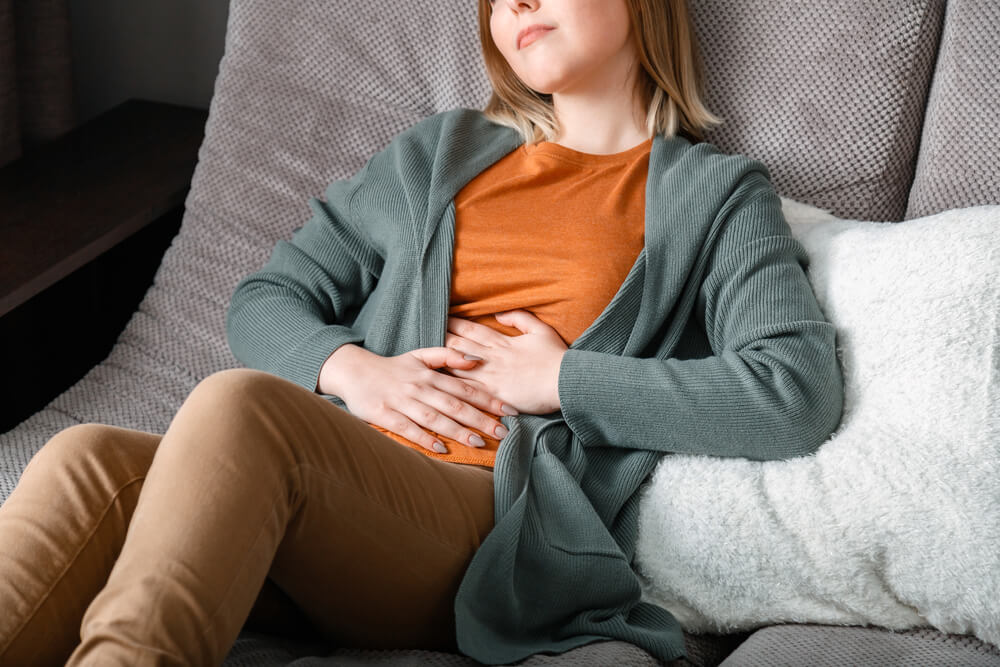If you’re dealing with bloating from pregnancy, remember that you are not alone. Countless women struggle with this type of discomfort while pregnant. But what does pregnancy bloating mean? Is there a way to alleviate the uncomfortable symptoms? Also, how long does bloating last in early pregnancy? If you are wondering about the answers to these questions, you have clicked on the right article. We have asked the best experts in the field to give you all the information you could need about bloating from pregnancy. But before jumping into this article, it is also important to consult with a healthcare professional. If you have questions or concerns about your health and your baby’s health, seek medical assistance at a reliable clinic. Are you located in Florida or just searching for the most renowned professionals? If so, obstetric care in Plantation, Florida, is your best option.
With that in mind, let’s discuss pregnancy bloating in more detail.
Is Bloating from Pregnancy Normal?
Early pregnancy bloating is completely normal, and, in fact, it can be one of the first signs that you are pregnant. While it is an uncomfortable early pregnancy symptom, countless women face it worldwide. That brings us to the question, “how long does bloating last in early pregnancy?”. The answer is not as straightforward and simple as you might expect. In reality, unlike other common early pregnancy symptoms, gas, constipation, and bloating are typically long-lasting. This means that these uncomfortable symptoms will likely last until the end of your pregnancy. According to the findings of one study, three-quarters of expecting mothers experience some type of bowel movement, whether gas, bloating, or constipation. Out of these study participants, a whopping 66 percent suffered from bloating. So, early pregnancy bloating is completely normal and usually expected.
That said, it is crucial that you seek out expert help, especially if you notice other uncomfortable side effects. Whenever in doubt, talk to a medical professional at a trusted and safe clinic. If you are looking for the best, we recommend Broward Complete OB-GYN Wellness Center.
What Is Early Pregnancy Bloating Like?

Bloating during pregnancy can be highly uncomfortable. According to many pregnant women, bloating during pregnancy can feel like a balloon that is ready to burst. Your belly might feel hard, tense, and tighter than usual when you press it. Plus, besides bloating, pregnant women also experience gas, constipation, and other typical symptoms. Medical professionals claim that bloating during pregnancy is not a major health concern. However, it can make you feel uncomfortable and wreak havoc on your mental health. Some women in early pregnancy may not be fully ready to begin wearing maternity clothes, but due to the bloating, this could be the only option.
All in all, a woman’s body changes a lot during pregnancy. This means that you can expect more than having luscious hair and radiant skin. Sometimes bloating during pregnancy is inevitable.
Fortunately, there are some helpful tips and tricks that you can implement in your daily routine to lessen the chances of bloating and ease discomfort. As mentioned earlier, if you encounter other troublesome and more serious symptoms or you are dealing with a very painful abdomen, we recommend consulting with a medical professional as soon as you can.
Why Am I Dealing with Pregnancy Bloating?
This brings us to the question: “why do I feel bloated during pregnancy anyway?”. It’s simple. You can blame all of the uncomfortable bloating on fluctuating hormone levels. To be more precise, progesterone is the main culprit for bloating. While higher progesterone levels are required for a healthier pregnancy, this fluctuation may affect your gut. Namely, progesterone is known for relaxing the smooth muscles in the body. As a result, the muscles in your intestines and stomach become relaxed too. In other words, the typical muscle contractions that are responsible for moving food through the gastrointestinal tract become slower. This happens to ensure that the nutrients from the food you have consumed have more time to get absorbed for boosted nourishment for you and the baby.
As you can see, being bloated during early pregnancy is actually a good thing.
However, at the same time, more gas will build up in your body. That’s how you get bloated, constipated, and gassy during early pregnancy.
Later in the pregnancy, the baby’s weight and the growing uterus provide additional pressure on the rectum – you’ll feel more constipated because of this.
How Long Does Bloating Last in Early Pregnancy?
As mentioned earlier, you will likely feel bloated during early pregnancy until you give birth. However, every patient is different, and what is true for one expecting mother may be different for you. Consult with a healthcare professional for expert guidance.
How Do I Stop Being Bloated During Early Pregnancy?

Being bloated during early pregnancy can feel like a nightmare. Fortunately, there are a few effective ways to relieve pain and constipation and get rid of excess gas. Here are some of the ways you can feel better today:
- Hydrate yourself properly. We recommend drinking around eight to ten glasses of water daily for the best results. Make sure to drink plenty of water between meals to boost digestion. Drinking water with a meal is a common mistake we can make. Unfortunately, this can interfere with the digestive processes.
- Eat a fiber-rich diet. According to the experts, around 25 to 30 grams of fiber per day is perfect. If you are struggling with your daily fiber intake, you can also consider fiber supplements. However, make sure to talk to your healthcare professional before adding any new supplements to your diet. The good news is that upping fiber levels is simple. Aim to get as many fresh vegetables and fruits as you can. Whole grains such as millet and oats are also a fantastic idea to relieve constipation. If your current diet is low in fiber, gradually increase your intake. However, eating too much fiber all at once can cause even more bloating and other digestive problems.
- Eliminate foods that cause gas. For instance, some people are sensitive to legumes and veggies such as cauliflower, broccoli, and cabbage. You will also need to stay away from fried foods and fatty foods.
- Include some probiotics daily. Probiotics are great for promoting optimal gut bacteria health. Try eating natural kefir, unsweetened yogurt, sourdough, and sauerkraut. Your healthcare professional may also suggest a quality probiotic supplement.
- Consume smaller meals. Instead of eating huge portions of food, cut back on your portion size and eat more frequently. Some pregnant women find eating three moderate meals and two healthy snacks daily or six small meals ideal. On the other hand, three large meals may increase bloating and gas.
- Get some regular exercise. Staying active during pregnancy is good for your health and the health of your baby. Try going for a swim or a gentle walk to aid digestion.
Give Us a Call Today
Your unborn baby’s health should be your top priority. That said, to do that, you must also put yourself first. Our team of professionals at Broward Complete OB-GYN Wellness Center is here to help you. Book an appointment today to start improving your health.


